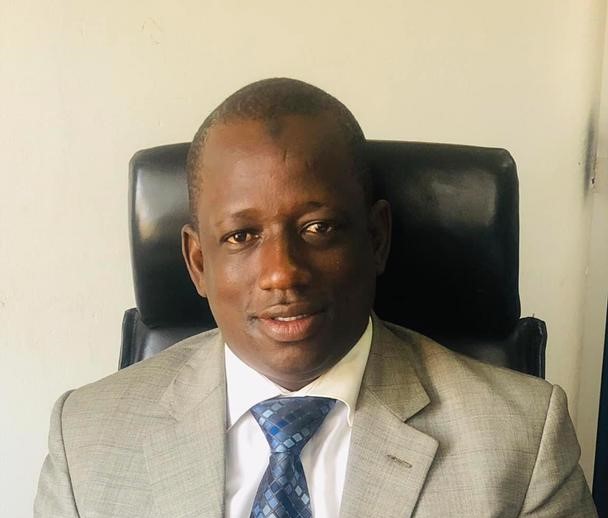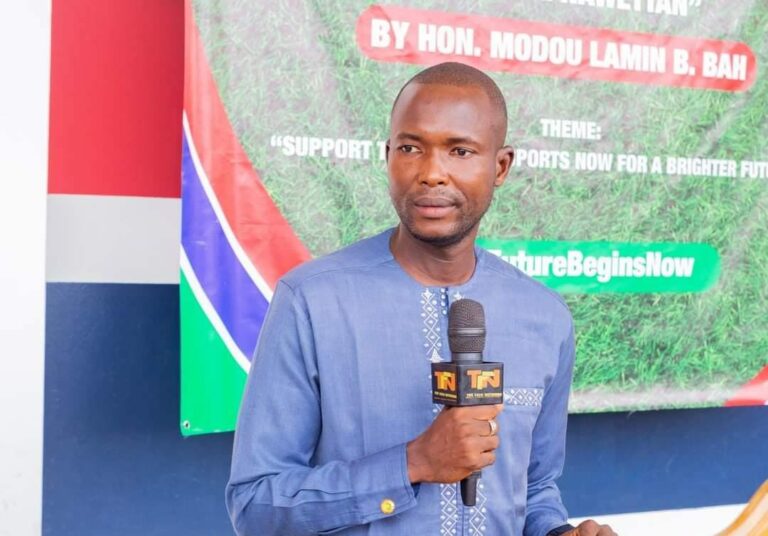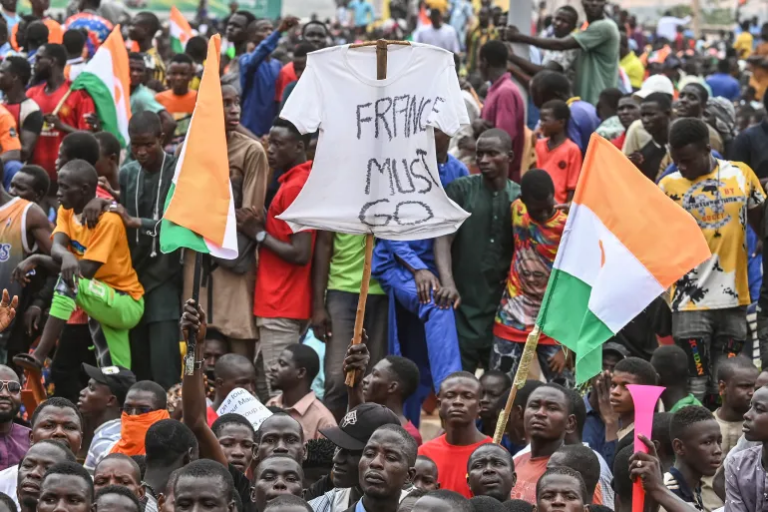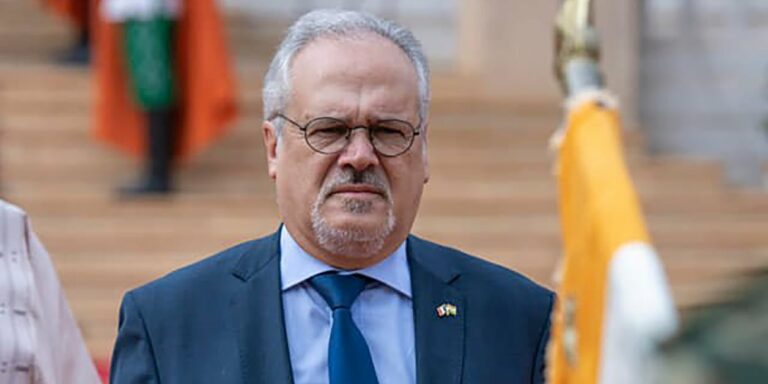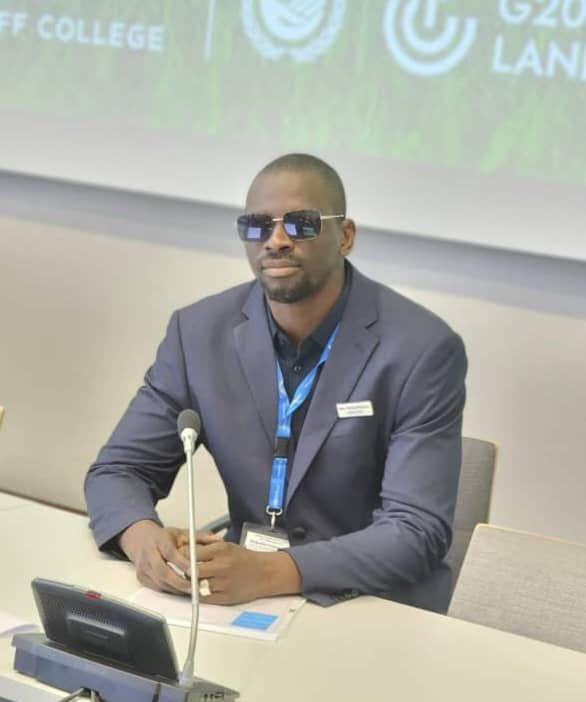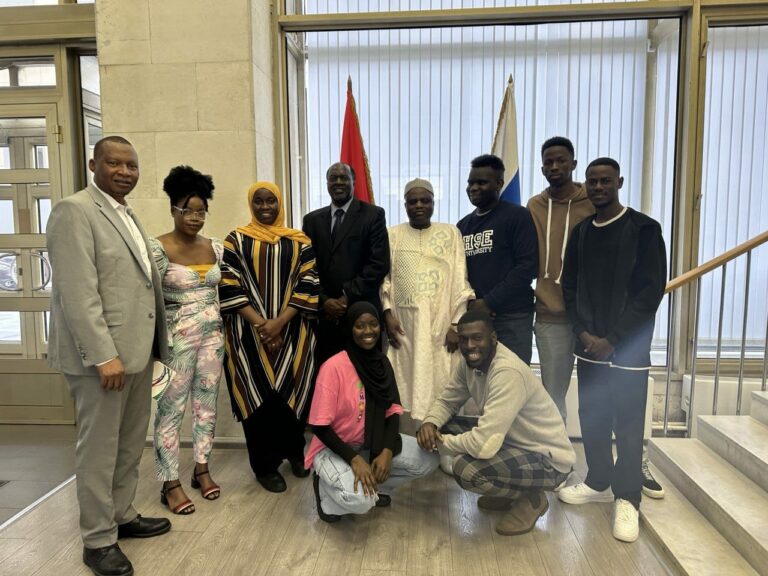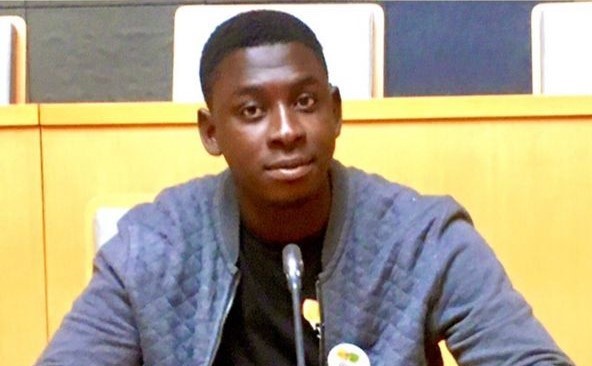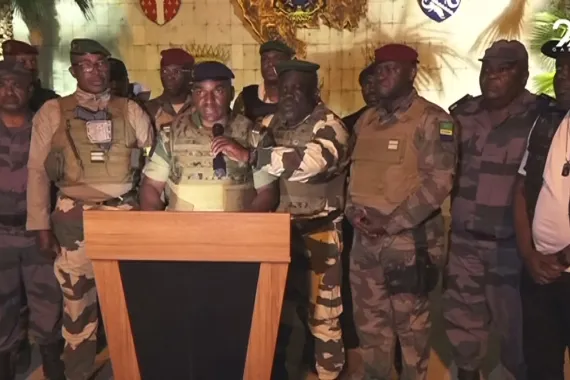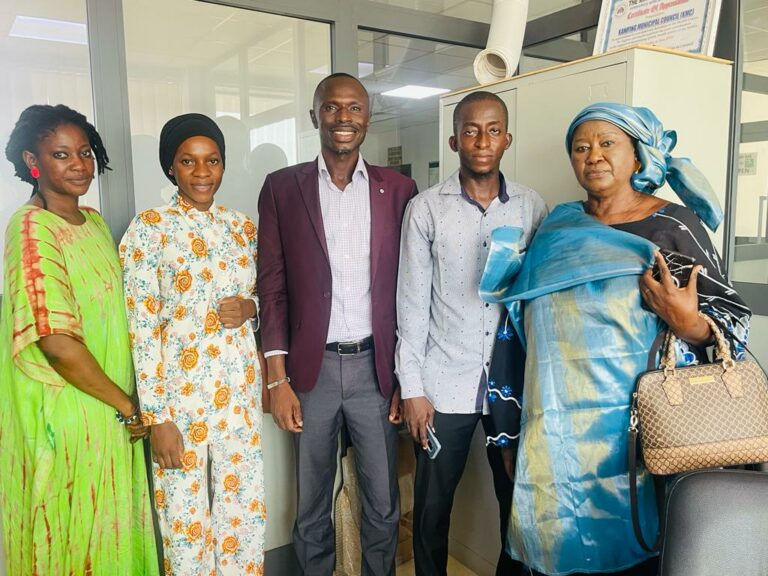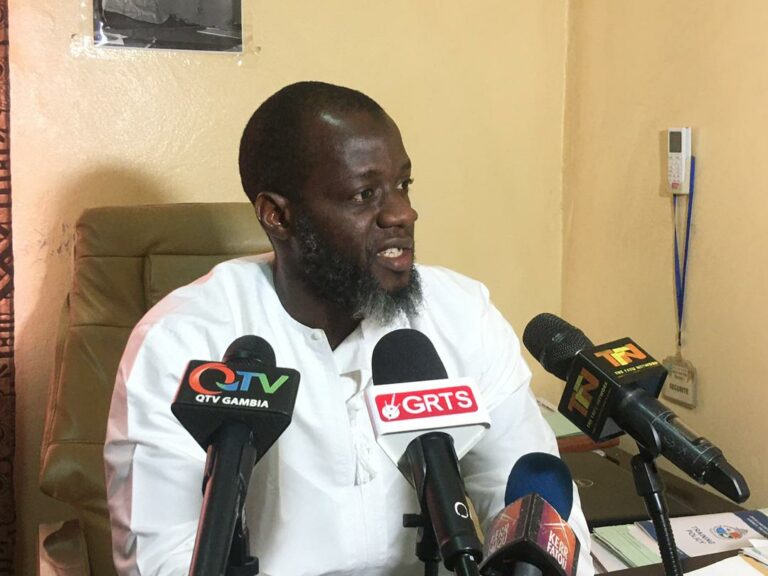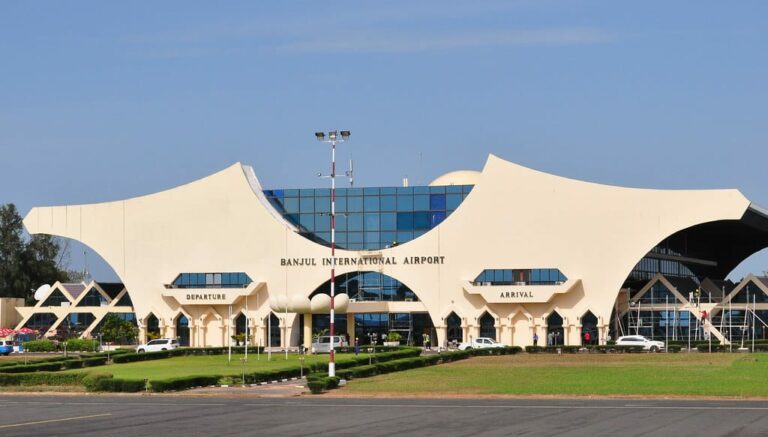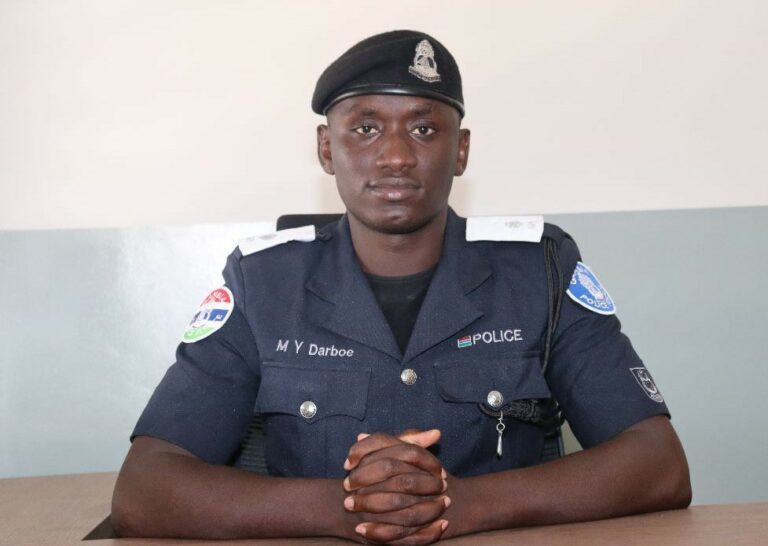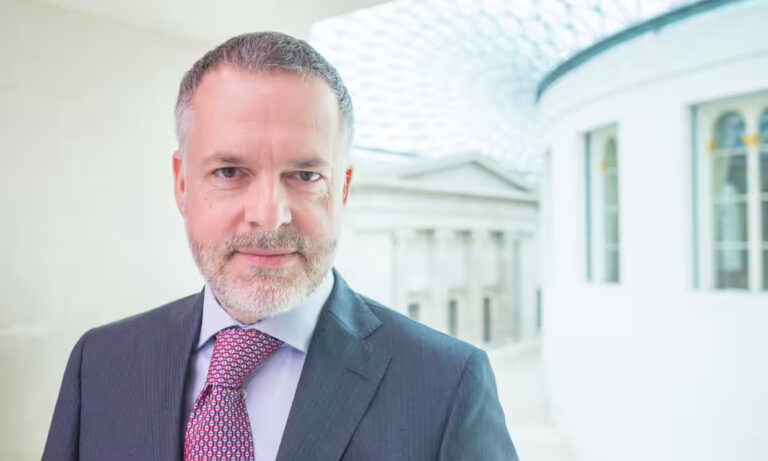By: Sainabou Gassama
Lamin Kb Bojang, the National Treasurer of the Gambia Democratic Party (GDC), has voiced deep concern over the recent waste dumping incident involving the Kanifing Municipal Council’s (KMC) waste disposal trucks at the Tambana Waste Composting Plant in Brikama.
Bojang’s investigation has revealed an agreement between the authorities at the Kanifing Municipal Council (KMC) and the Brikama Area Council (BAC) permitting waste disposal in Brikama. According to this arrangement, KMC pays D200 (two hundred dalasis) to BAC for every truckload of rubbish deposited at the Tambana dump site. The Environment and Health Committee of the Brikama Area Council has reportedly endorsed this agreement.
He remarked, “I don’t know the environmental and health expertise held by the members of this committee. Given that Brikama is one of the most densely populated settlements in the country, no health or environmental professional would endorse this harmful agreement, which clearly poses a threat to the health and well-being of Brikama residents and its surroundings.”
Bojang has pledged to draft a protest letter addressed to the Chairman of the Brikama Area Council (BAC). Copies of this letter will be sent to the Governor of the West Coast Region, the Minister of Local Government, and the Minister of Health and Social Welfare. He also plans to involve the Council of Elders, known as “Bulunda,” who are the custodians of Brikama, to intervene and halt this potential health hazard for the people of Brikama. He firmly stated, “We will not fold our hands while our city is being turned into a new Bakoteh.”
Bojang has proposed that KMC considers using Abuko and Jeshwang as alternative dumpsites, as they are suitable locations within the Kanifing Municipality. Such a move would not only be more cost-effective for KMC but also eliminate the need to transport waste all the way to Brikama. He emphasized, “If our appeals fall on deaf ears, we will resort to legal action.”

